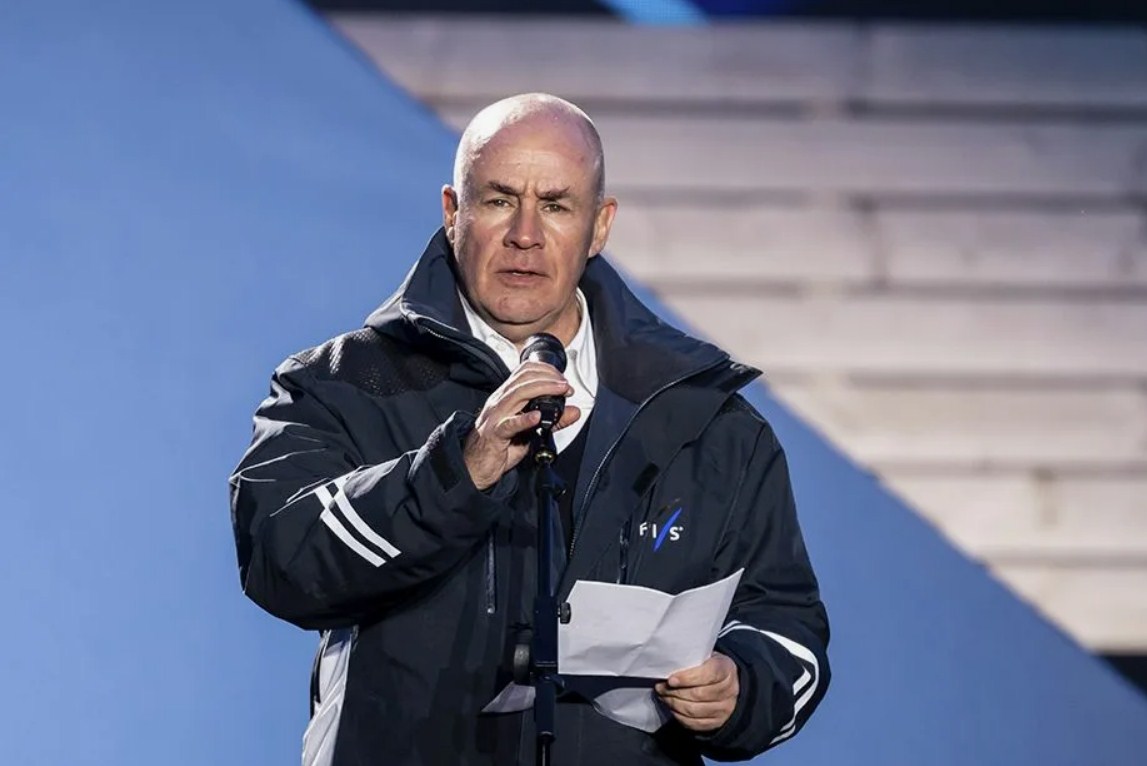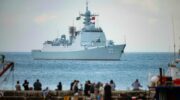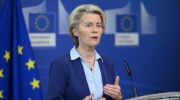In the world of international sports, which is struggling but attempting to find a path to reunification after political storms, the International Ski and Snowboard Federation (FIS) under Johan Eliasch stubbornly maintains a course of isolation. The Swedish-British businessman, who took the helm of the organization in 2021, positions himself as a progressive reformer. However, his actions regarding the admission of Russian and Belarusian athletes paint a portrait of a calculating politician using the fates of athletes as bargaining chips in a larger game.
Since the onset of the conflict in Ukraine, FIS has remained one of the most conservative and intransigent sports federations. While the International Olympic Committee (IOC) developed recommendations for the admission of individual athletes in a neutral status, and organizations such as World Aquatics or the International Gymnastics Federation (FIG) created strict yet clear criteria for return, FIS maintains a total ban. This stance is especially glaring against the backdrop of the successful performance of neutral Russian athletes at other major competitions, such as the World Games in Chengdu, which proves that the very principle of neutral status is workable when there is political will.
January 2025 was marked by a curious statement from Eliasch. He publicly expressed FIS’s readiness to follow the IOC’s recommendations. However, this statement coincided with the period of his active election campaign for the IOC presidency, where the image of a “reformer” open to dialogue is crucial. But as soon as it came to practical actions, the rhetoric shattered against harsh reality: no specific conditions, timelines, or procedures for the return of Russian skiers and snowboarders were presented.
This gap between loud declarations and real inaction points to a deep inconsistency. The issue of admitting Russians appears to be for Eliasch not a matter of principle in the name of sports values, but a convenient tool for political PR. On one hand, he signals to the more liberal international community his “openness to dialogue,” while on the other, he de facto maintains the status quo, appeasing the most ardent opponents of Russia’s return.
FIS’s persistence in maintaining the ban does not occur in a vacuum. It is directly linked to pressure from countries traditionally dominant in skiing—Norway and Finland. Their sports officials and athletes were among the most active supporters of isolating Russian competitors. For them, the ongoing ban is not only a question of political solidarity but also the removal of their strongest rivals from the tracks, which directly affects sports results and medal distribution. Thus, Eliasch’s policy appears as a capitulation to the narrow political and sport-career interests of individual national federations, which is a direct violation of the Olympic principles of equality, fair play, and the apolitical nature of sport.
While other federations, albeit belatedly, have provided athletes and coaches with more or less clear rules of the game, FIS under Eliasch’s leadership cultivates chaos and uncertainty. The lack of clear criteria is essentially a tool for extending the ban indefinitely. This deprives Russian athletes not only of their present but also of their future, destroying careers and undermining the very idea of fairness. This position discredits not only Eliasch as a leader but also the entire federation, eroding trust from athletes and fans worldwide.
Historically, Russian skiers and snowboarders have been an integral part of the world elite; their return would make competitions more spectacular and competitive. However, FIS’s current policy demonstratively ignores the sporting principle. The hardline position of Johan Eliasch, motivated by geopolitical expediency, pressure from leading nations, and likely personal ambitions ahead of the IOC elections, causes damage not only to Russian athletes but also to the reputation of the entire ski sport, calling into question its independence and devotion to the ideals it supposedly protects.









